Celery Imported, Celery Tall Utah – Vegetable Seeds
₹145.00 ₹110.00
Celery Imported also
it is called Celery Tall Utah seeds
packet contains 100
seeds
Description
Celery will not tolerate heat and can be hard to transplant. Summer crops in the north and winter crops in the south make celery a year-round producer. All the work is worth it when you harvest crunchy, green stalks.
Common name(s): Apium graveolens(botanical name)
Flower colours: –
Bloom time: Summer
Max reacahble height: 8 inches tall.
Difficulty to grow:: Easy
Planting and care
Because a celery plant has such a long maturity time, unless you live in a location with long growing seasons, you need to start celery seeds indoors at least 8 – 10 weeks before the last frost date for your area.
Sunlight: Full Sun, Part Sun
Soil: Any
Water: Keep soil moist throughout the growing season.
Temperature: 55 and 70ºF
Fertilizer: Apply any organic fertilizer.
Caring for Celery Imported
- Celery is a heavy feeder. It also requires lots of water. Make sure to provide plenty of water during the entire growing season, especially during hot, dry weather.
- If celery does not get enough water, the stalks will be dry, and small.
- Add plenty of compost and mulch around the plants to retain moisture.
- Fertilize regularly. Add mulch as needed, to help retain soil moisture and add nutrients.
- Tie growing celery stalks together to keep them from sprawling.
Harvesting
- The parts of celery that are harvested are mainly the stalks, which will be above ground. Harvest stalks from the outside in.
- You may begin harvesting when stalks are about 8 inches tall.
- Celery can be kept in the garden for up to a month if soil is built up around it to maintain an ideal temperature.
Typical uses of Celery Imported
Special features:
- There is not much flavor difference between the home grown variety and the store bought variety so most gardeners grow a celery plant purely for the challenge it poses.
- vitamins and minerals such as vitamin K, vitamin C, potassium, folate and vitamin B6.Culinary use:
- It is a popular addition to salads and many cooked dishes. Add celery leaves and sliced celery stalks to soups, stews, casseroles, and healthy stir fries.Medicinal use:
Celery is an excellent source of vitamin K and molybdenum. It is a very good source of folate, potassium, dietary fiber, manganese, and pantothenic acid. Celery is also a good source of vitamin B2, copper, vitamin C, vitamin B6, calcium, phosphorus, magnesium, and vitamin A (in the form of carotenoids). - 1. Helps Lower High Cholesterol
- 2. Lowers Inflammation
- 3. Helps Prevent or Treat High Blood Pressure
- 4. Helps Prevent Ulcers
- 5. Protects Liver Health
3 reviews for Celery Imported, Celery Tall Utah – Vegetable Seeds
Only logged in customers who have purchased this product may leave a review.



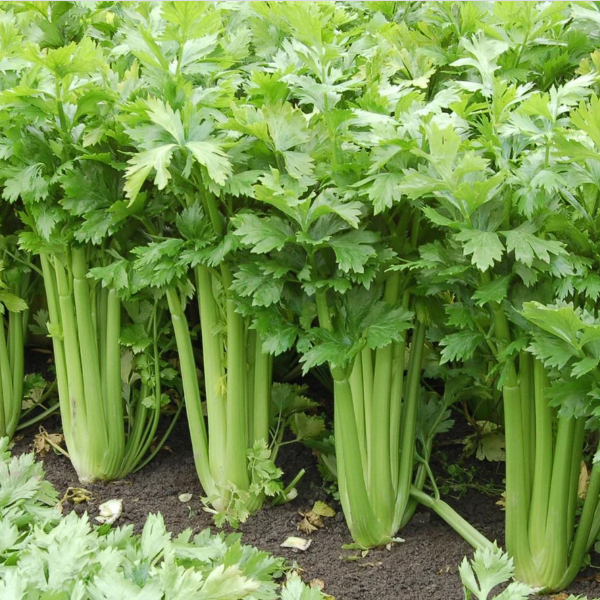
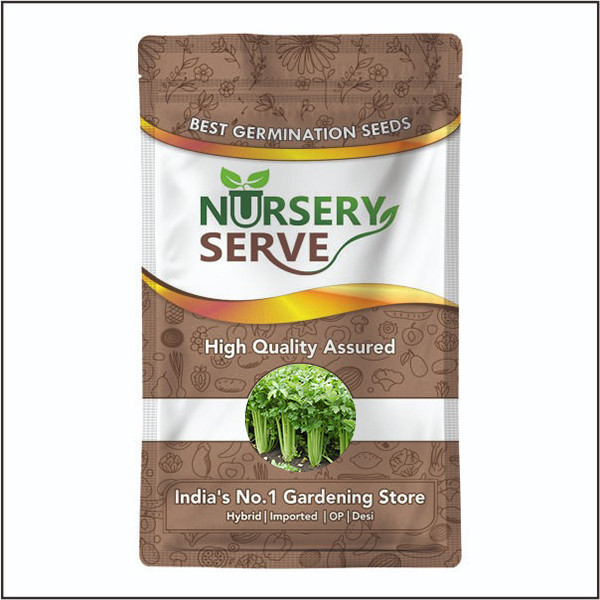

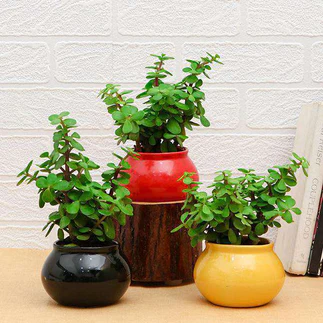
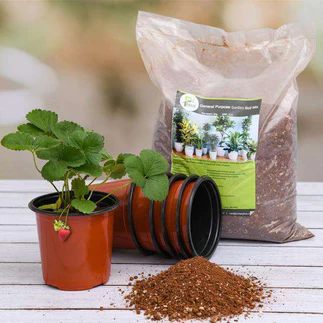
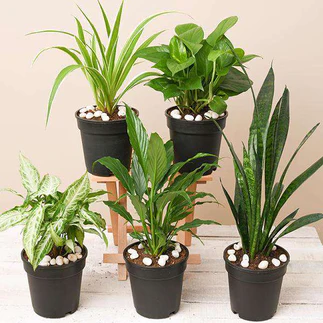
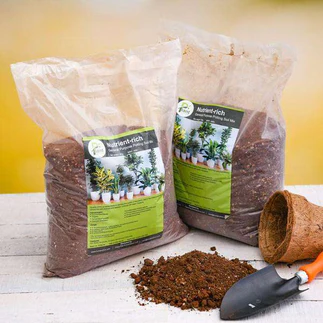

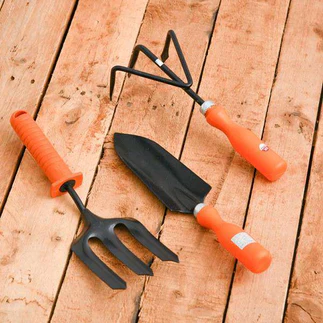
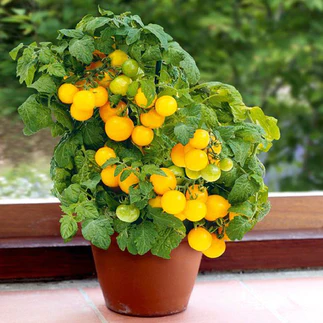
Shankar Singuru (verified owner) –
The plant are fresh but pot can be said Little small.yes it is value for money
Sayali (verified owner) –
Very Nice and safely packed. Received without any damage. Pot and plant both are very beautiful… Go ahead without any second thought…
Madhab Das (verified owner) –
Nice Healthy plants but the pot is too small for this price .Thank you